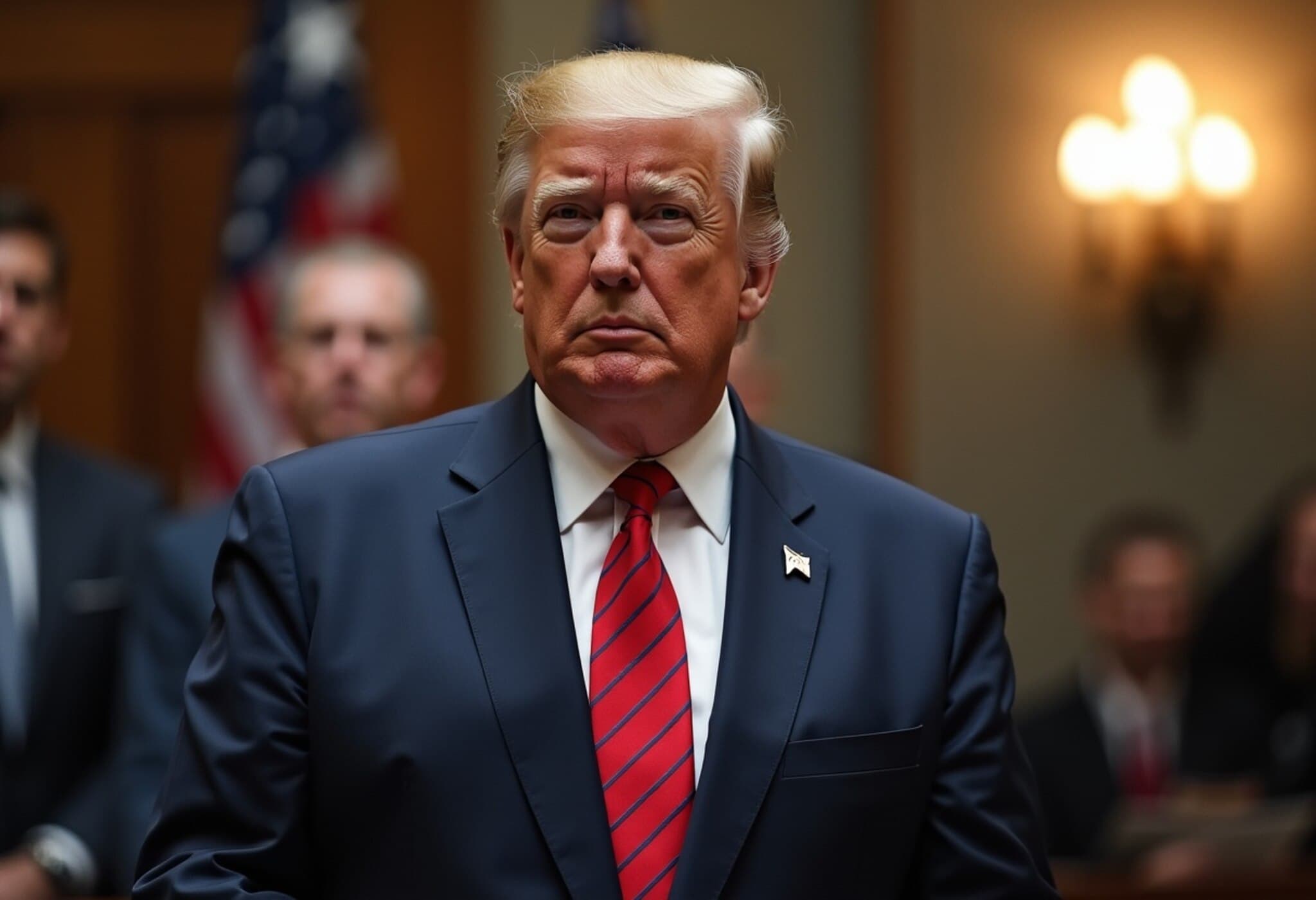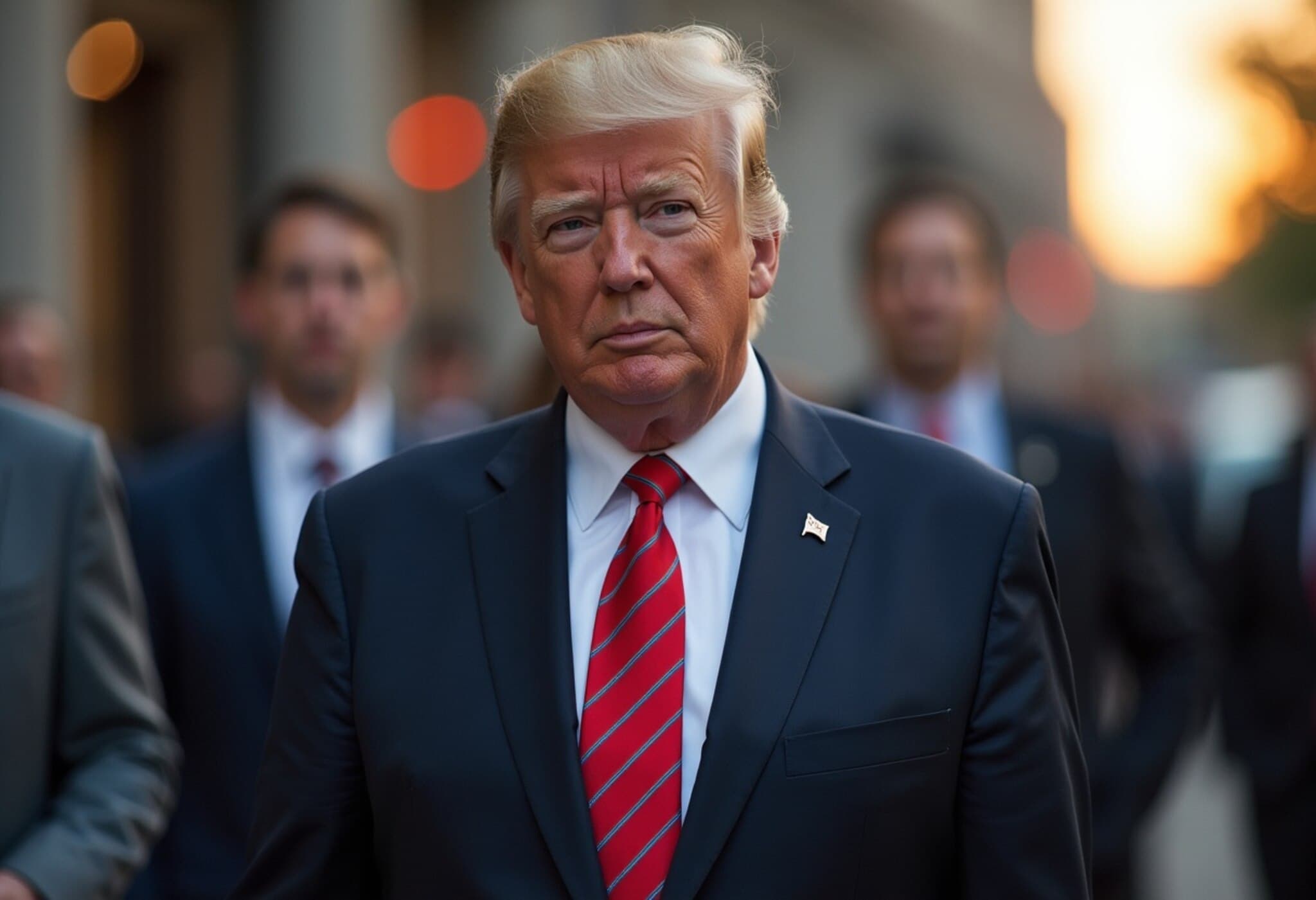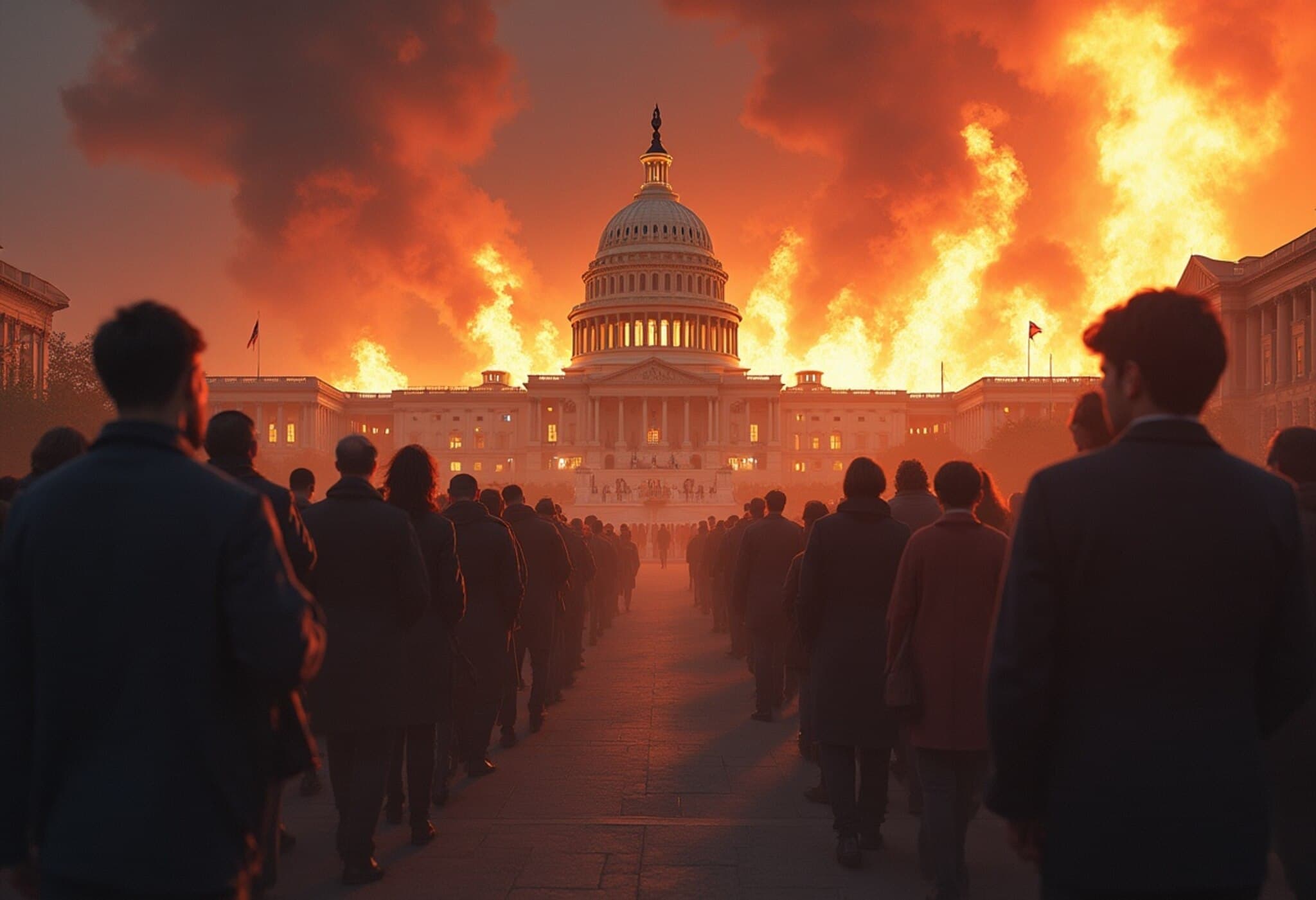Texas Governor Greg Abbott Directs Arrest of Democratic Lawmakers Who Fled State
In a dramatic escalation of the partisan battle over redistricting in Texas, Governor Greg Abbott on Monday ordered the arrest of Democratic legislators who left the state to block a Republican-backed congressional redistricting plan. This extraordinary move aims to compel Democrats to return to Austin and participate in a vote that could reshape Texas's political landscape ahead of the 2026 midterm elections.
Redistricting Battle: The Stakes Behind the Exodus
The conflict centers on Republican efforts to redraw Texas’s congressional districts in a way that strengthens the GOP’s slim majority in the U.S. House of Representatives. The redistricting plan, which has received vocal support from former President Donald Trump, is widely seen as a strategic move to maintain Republican control in Texas, a battleground state with rapidly shifting demographics.
To prevent this, approximately 51 Democratic lawmakers staged a political boycott by leaving Texas for Illinois, particularly Chicago, denying the House of Representatives the quorum needed to legally conduct the vote. Texas law requires a two-thirds presence of the 150-member House to hold legislative business. The Democrats' walkout effectively stalled the redistricting process.
Governor Abbott's Response: Legal and Political Ramifications
Governor Abbott responded by instructing the Texas Department of Public Safety to locate, arrest, and return absent Democratic members to the state house. Abbott’s public statement suggested that these lawmakers have abandoned their constitutional duties, justifying his order. He cited a recent legal opinion from the Texas Attorney General proposing that district courts might determine if lawmakers have forfeited their offices due to abandonment, potentially allowing for their seats to be vacated swiftly.
Adding pressure, the Republican Speaker of the Texas House issued civil arrest warrants for absent Democrats. Lawmakers who continue to skip sessions face hefty fines of up to $500 per day. Yet, the Speaker’s authority to enforce these warrants only extends within Texas, posing practical challenges since many Democrats are currently outside the state's jurisdiction.
Legal Nuances: Is Quorum Busting a Crime?
While the Democrats’ move is a well-known tactic called quorum busting, it remains a legal gray area in Texas. Notably, breaking quorum is not criminalized, complicating the Governor’s order for arrests. However, Abbott suggested that soliciting or accepting financial compensation to break quorum might violate state bribery laws, an angle that has drawn scrutiny as Texas Rangers investigate potential offenses.
Democrats Remain Defiant Amidst Intensifying Political Drama
Texas Democrats have pushed back against the arrest orders, expressing confidence that Texas law enforcement will not be able to compel them off the ground in Illinois or other states. Their resistance highlights a broader national conversation on state sovereignty, legislative protest tactics, and partisan redistricting battles that have sharpened in recent years.
Broader Implications for Texas and National Politics
This high-stakes struggle in Texas mirrors redistricting conflicts across the United States, where control of electoral maps can significantly affect policy direction for years. Texas, as the second most populous state with a growing minority population, has become a critical flashpoint for electoral justice advocates and political strategists alike.
Experts warn that such confrontations could deepen political polarization and fuel public disengagement with democratic processes if the public perceives legislative maneuvering as an undue power grab. Conversely, supporters of the Republican approach argue that securing a majority allows for more effective governance aligned with voter preferences.
Key Developments to Watch
- Outcome of Texas Rangers’ investigation into bribery-related allegations linked to quorum breaking.
- Legal challenges likely to arise concerning attorney general’s opinion and Governor Abbott’s use of arrest powers.
- Potential impact on voter representation and minority communities amid redistricting.
- Ripple effects on national politics as redistricting contests intensify ahead of midterms.
Editor’s Note
The Texas standoff over redistricting underscores a fundamental tension in American democracy: balancing political strategy with legislative duties and voter representation. Governor Abbott’s decision to order arrests raises critical questions about the limits of executive authority and the ethical boundaries of protest within legislative processes. As the nation watches, this episode could set precedents for how redistricting disputes are resolved — for better or worse — in the years to come.












